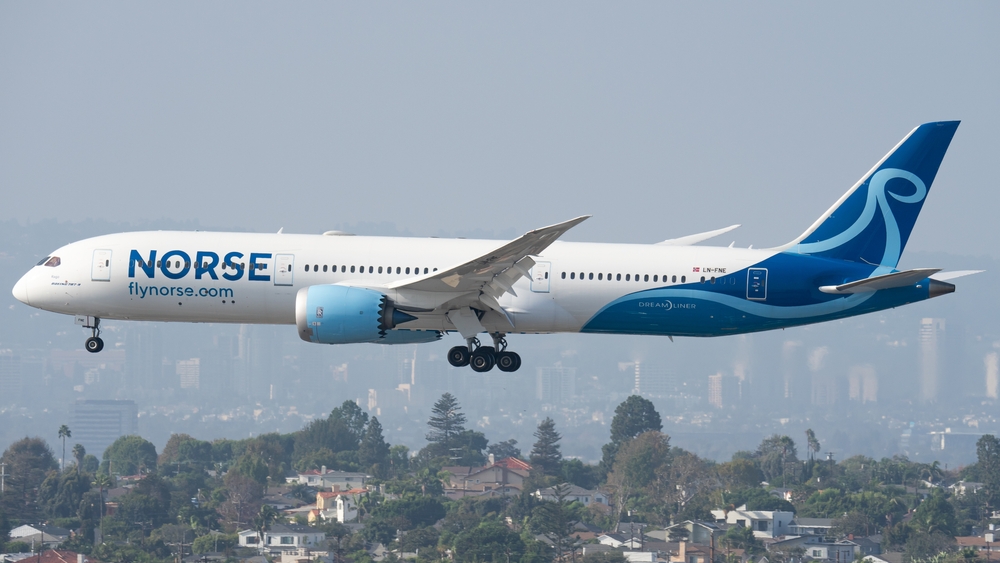
Before the Omicron variant of coronavirus emerged onto the scene in November, many people were planning their first international trip in years. Given that we have been constrained for the past 22 months since the pandemic began.
While the Omicron variant of the Covid-19 infection may be less severe, it is proving just as problematic for many airlines as the Delta variant and has impacted the first-quarter forecast.
Because of its high transmissibility, many countries have tightened border controls, increasing the risk of even fully vaccinated travellers testing positive after arrival and being stranded at the destination for weeks, undermining confidence.
“Clearly, there are risks, so if you catch Covid, you may end up in a country that is rather unpredictable to you,” said Jozsef Varadi, CEO of Wizz Air, a European low-cost airline.
“So, I don’t think demand is totally restored, but we are certainly seeing some people who are willing to take more risks in life, in general, returning to travel.”
Omicron’s rapid spread, which has resulted in personnel shortages and shorter Covid-19 test timelines, is a serious issue, according to Olivier Ponti, vice president of insights at travel trends business ForwardKeys.
According to ForwardKeys data, foreign flight bookings are at 38% of 2019 levels, significantly below an October peak of 58 percent, although up from an early December low.
People who were planning to go or who had already made plans but had to cancel due to experiencing anxiety and fear. This is a significant setback for the airline industry and the already struggling tourism industry, and things do not appear to be improving.
Even those prepared to bear the risk of travelling as Omicron spreads confront difficulties due to rapidly changing restrictions.
According to a recent study of US travellers conducted by broker Jefferies, found that Omicron caused 20% of respondents to abandon plans due to case counts and another 20% due to restrictions at the destination.
Omicron also poses a threat to the lucrative business travel segment’s comeback.
Major corporations are delaying their return to work even more, and major events such as the World Economic Forum in Davos have been postponed.
According to travel data firm OAGs, global carriers cut capacity by 7.2 percent this week, one of the most significant week-on-week declines in the recent six months.
In the medium term, the massive wave of Omicron cases worldwide has raised some optimism that Covid-19, like the flu, is on its way to becoming endemic, which would not complicate international travel. However, for the time being, travellers will have to assess the risks of each trip.
Source: Reuters



 share
share








































